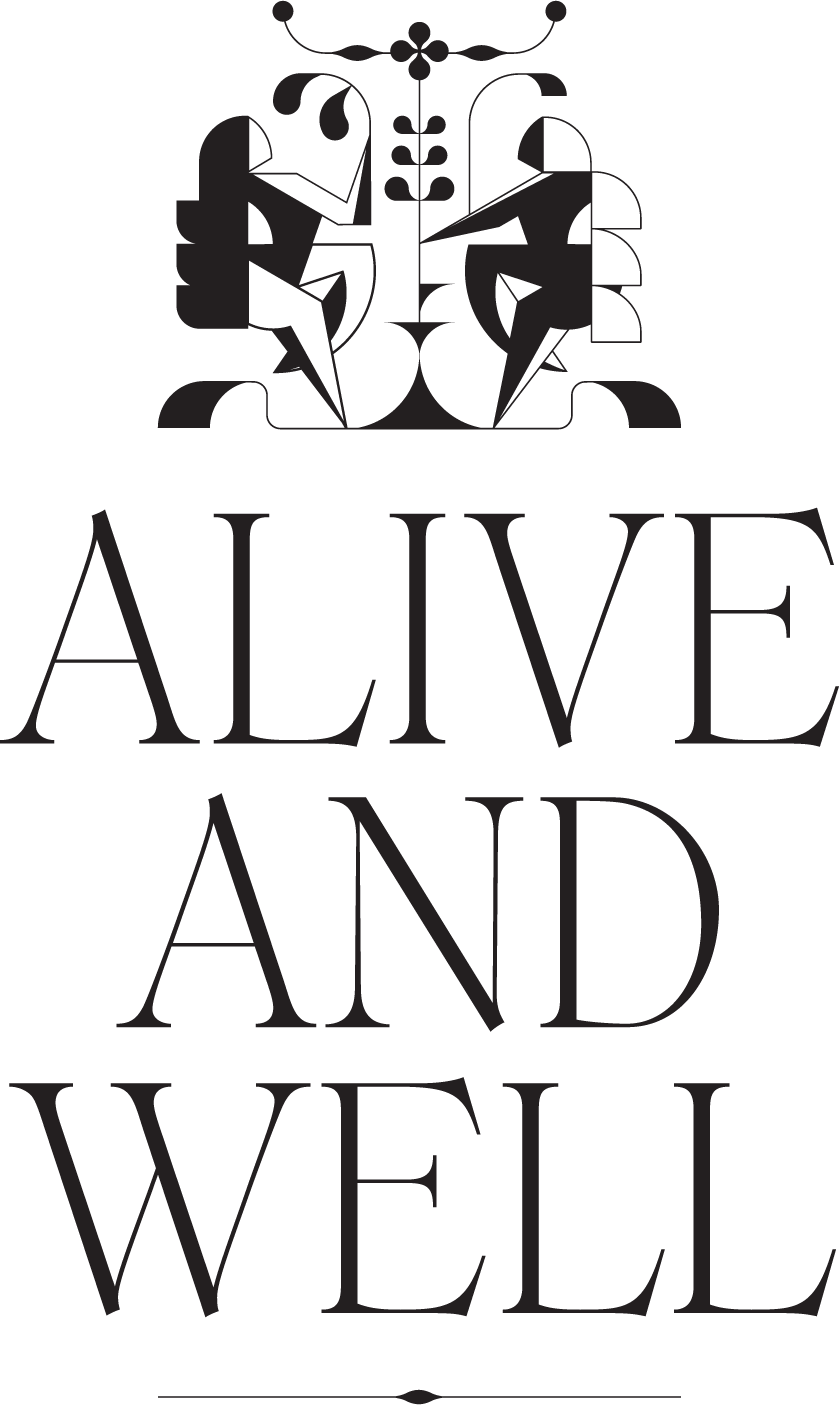Collagen supplements have become increasingly popular among women, but can men also benefit from taking collagen? This guide will explore the benefits of collagen for men, its potential side effects, and how to choose the best collagen supplement for your needs. Whether you’re a fitness enthusiast or looking to improve your overall health, this post has covered you.
Understanding Collagen
To better understand collagen and its role in the body, we’ll first look at what collagen is, how it’s made, and where it’s found. Collagen is a crucial protein that gives structural support and strength to various tissues in the body. It is the most abundant protein in the skin, bones, tendons, ligaments, and cartilage.
There are different types of collagen, such as Type I, which is the most abundant type and provides strength to the skin, bones, and tendons. Type II collagen is mainly found in cartilage and contributes to its flexibility and shock-absorbing properties. Type III collagen is often found alongside Type I collagen and supports the structure of organs, muscles, and blood vessels. Collagen can be produced by fibroblasts in the body or obtained from dietary sources like bone broth and collagen supplements.
Collagen Supplements
Now that we know what collagen is and where it’s found, we’ll examine the benefits of taking collagen supplements and whether they’re necessary for men. Collagen supplements provide additional collagen to the body, benefiting men in various ways. These supplements support skin elasticity, joint health, muscle recovery, and hair and nail strength.
While they can be beneficial, it’s important to remember that a balanced diet can also provide sufficient collagen. Consulting with a healthcare professional is crucial to understand potential risks and considerations before incorporating collagen supplements into one’s routine.
Types of Collagen Supplements
Various types of collagen supplements are available, each with unique properties and benefits.
- Collagen Peptides: Also known as hydrolyzed collagen, collagen peptides are derived from animal sources and undergo hydrolysis. It breaks down the collagen into smaller peptides, enhancing absorption. Collagen peptides are commonly available in powder form and can be easily mixed into beverages or added to food.
- Hydrolyzed Collagen: Hydrolyzed collagen is another term used for collagen peptides. It undergoes the same hydrolysis process, resulting in smaller particles more readily absorbed by the body. It is available in various forms, like powders, capsules, or tablets.
- Marine Collagen: Derived from fish or other marine sources, marine collagen is rich in Type I collagen. It is often preferred by those seeking a marine-based or non-animal source of collagen. Marine collagen supplements are available as powders, capsules, or liquid formulations.
Collagen for Men’s Health
Collagen supplements can benefit men’s health, addressing specific concerns such as joint health, muscle growth and recovery, skin health, and hair and nail health. Research suggests that collagen supports cartilage integrity, reduces joint pain, promotes muscle protein synthesis, enhances skin elasticity, reduces wrinkles, and strengthens hair and nails. By incorporating collagen supplements into their routine, men can experience these positive effects and support their overall well-being.
Collagen and Exercise
Collagen supplements have gained popularity among men as a potential aid to support their exercise and fitness goals. Collagen plays a crucial role in the structure of tendons, ligaments, and muscles, providing them with strength and elasticity. By supplementing with collagen, men may support joint health, reduce exercise-induced joint pain, and enhance overall exercise performance.
Furthermore, collagen’s amino acid profile contributes to muscle protein synthesis, essential for muscle growth, repair, and recovery. While collagen supplementation shows promise in promoting exercise-related benefits, more research is needed to understand its impact on athletic performance fully.
Collagen and Aging
As men age, collagen production declines, which can lead to various age-related changes. Collagen supplements offer potential benefits in counteracting these effects. For instance, collagen has shown potential for its potential to alleviate symptoms of arthritis by improving joint function and reducing pain.
It may also play a role in maintaining bone health and preventing osteoporosis by supporting bone density and strength. Additionally, collagen can improve skin aging, reduce the appearance of wrinkles, and promote skin elasticity.
How to Choose a Collagen Supplement
When selecting a collagen supplement, there are several factors to consider. Look for supplements sourced from reputable manufacturers and undergo rigorous testing for quality and purity. Check the type of collagen used and ensure it aligns with your specific health goals. Consider the form of the supplement, whether it’s powder, capsules, or liquid, and choose one that suits your preferences and lifestyle.
Additionally, pay attention to the dosage recommendations and serving size. Lastly, it can be helpful to read reviews and consult with a healthcare professional to decide on the best collagen supplement for your needs.
Potential Side Effects of Collagen Supplements
While collagen supplements are generally safe, it’s important to be aware of potential side effects. Allergic reactions, although rare, can occur in individuals with known allergies to the collagen source. Some people may experience temporary digestive issues like bloating. It’s also important to consider potential drug interactions, particularly those affecting blood clotting.
To ensure safety and suitability, consulting with a healthcare professional before starting collagen supplementation is recommended, especially for those with existing medical conditions or taking medications.
Collagen and Diet
In addition to collagen supplements, incorporating collagen-rich foods into a healthy diet can provide additional benefits. Foods high in collagen include bone broth, chicken skin, fish, and organ meats like liver. Incorporating these collagen-rich foods into various recipes, such as soups, stews, and stir-fries, is possible.
Additionally, consuming a well-balanced diet that includes a variety of fruits, vegetables, lean proteins, and whole grains provides essential nutrients for overall health and supports collagen production within the body.
Conclusion
Collagen supplementation is a safe and effective way for men to improve joint health, muscle recovery, skin elasticity, and more. Quality is key, so choose a high-quality supplement and incorporate it into a well-rounded diet. But, wait! Before you hop on the collagen train, be sure to consult with your healthcare professional to maximize benefits and minimize risks. Remember, knowledge is power, and you deserve to be informed about what you put in your body.









